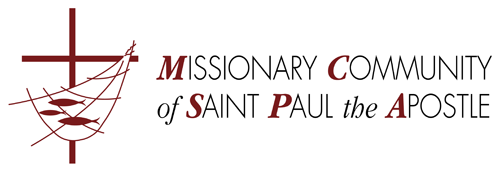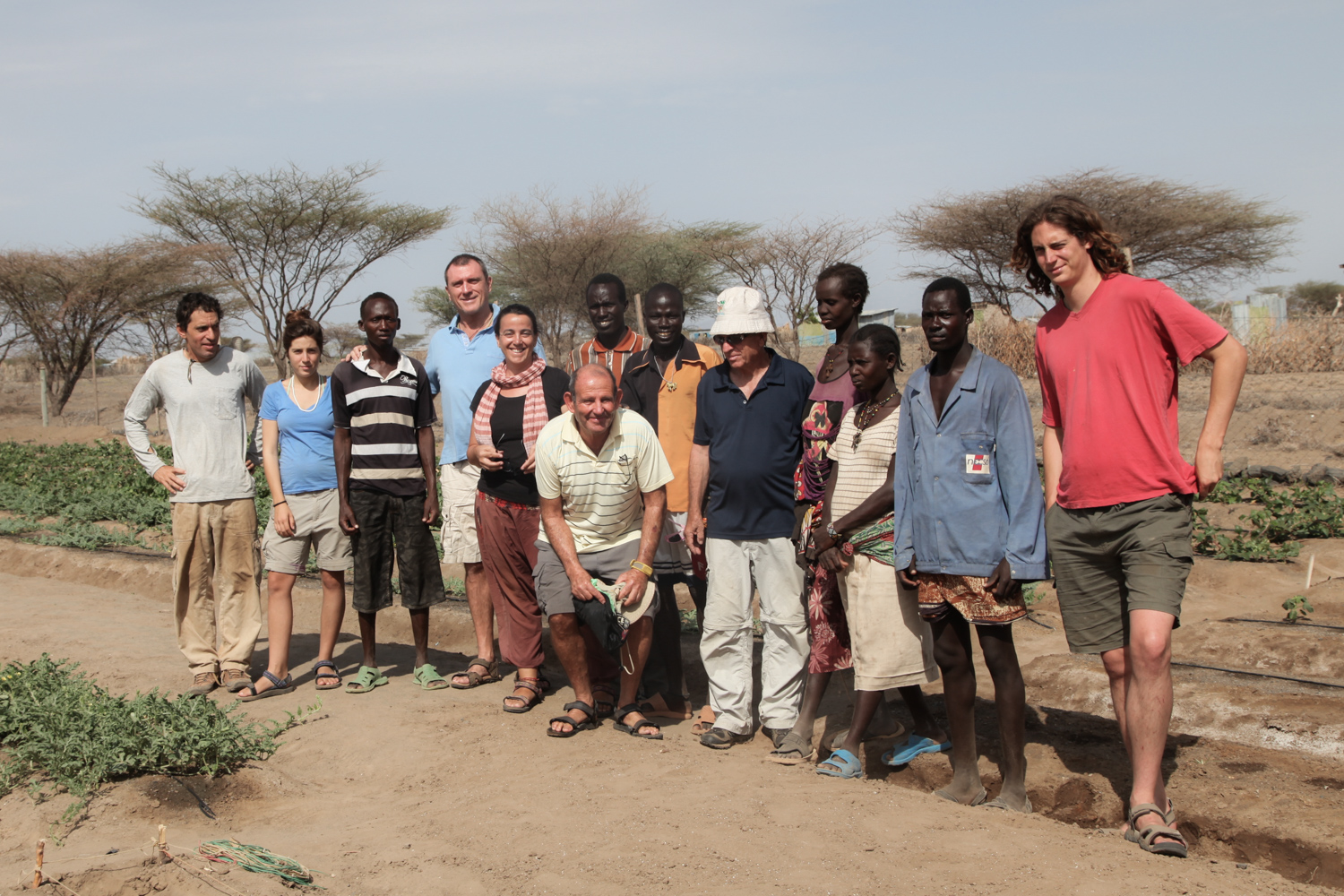Geographical Location
The model farm from which all activities are conducted is located at Lobur Catholic Mission, 250 km north of Lodwar, within the Elemi Triangle in Turkana County (Kenya), very near the Ethiopian border. It consists of a small training centre for groups of 20 people at a time, and a well equipped 4 acre farm with water supplied from 3 boreholes (2 wind pumps and 1 solar). The soil is quite barren, lacking in all kinds of nutrients; and the water is highly alkaline, thus constituting a real challenge for the trainees of the programme.
Beneficiaries
Direct: 130,000 Turkana people living in Turkana North.
Indirect: 850,000 Turkana people in the whole County, who have access to the training offered by the programme, or to the produce from the farms set up by the graduates scattered around the region.
Background
The perennial situation in Turkana for the last half a century has been that of a scarcity of water and food for its population. Climatic change and demographic growth have meant that its population can no longer live off their cattle and desperately needs to find other sources of livelihood. The endemic malnutrition carries with it all sorts of complications regarding health, education, income generating activities and conflict.
The origin of Furrows in the Desert (FID) dates back to November 2009, when a group of Spanish couples led by two MCSPA priests visited Israel. There they admired the agricultural developments brought about by the kibbutz in very arid regions and made they contact with a professor at Tel Aviv University who had founded the first International Voluntary organisation in Israel, Brit Olam. They in turn linked us with the Arava Centre for Development Studies in the southern desert of Israel.
It took several visits to Turkana by Israeli experts to ascertain the potential of the water infrastructure created by the MCSPA in Turkana North, with a view to introduce desert farming. Soil and water samples were taken for analysis. On the other hand, bonds of understanding between missionaries and the two partnering Israeli organisations were established. In May 2011 a full proposal for the training of Turkana people in desert subsistence farming was prepared and submitted to various international aid agencies. The programme had a 10-year plan.
In July 2012 activities on the ground began and on 21st August the then Prime Minister of Kenya, Hon. Raila Odinga, came to this remote corner of the country to launch the programme. On 1st October we welcomed the first group of 13 trainees at the model farm. One farm manager and two volunteers from Israel joined us, plus one Spanish supervisor and one Turkana coordinator.
The programme in essence consists of a 6-month training course at the model farm, for 15-20 selected persons from among the semi-nomadic communities where reliable water sources have been installed. The syllabus includes soil and compost preparation, net houses and tree nurseries, pest control, drip irrigation, cooking of new types of crops, administration, adult literacy and marketing. After their training they are sent back to their communities, where they start their own plots with the help of two assistants each, who in turn become part of the programme for an entire year. These teams become the new role models in the villages, showing that food production is possible and that desert farming is a plausible means of livelihood in Turkana.
Present Situation and Plan
Since the start, Furrows in the Desert has trained over 150 farmers who are currently manning around 130 plots, mostly in Turkana North, with a few in Turkana Central and South. Around 12% of those trained dropped due to sickness or death, and better job offers. The success in terms of food production and sales varies from place to place due to factors such as quality of soil and water; vicinity to population centres; as well as skills and discipline of the graduates and their assistants.
In December 2014 all the graduates decided to form the first “Saint Isidore Turkana Farmers’ Association” (SITFA), elected their own officials and approved their by-laws. Besides mutual support, the new association, registered in February 2015, allows the farmers to issue official receipts for their produce and to apply for County government grants for consumables and farming equipment.
The current 17 trainees of our 5th FID course were selected from 4 former projects of Kenya Red Cross in the Kaikor area. After the first 3 months in the Lobur model farm they were sent back to their communities, already equipped with 80 net houses, to revamp the whole project with new skills, commitment and the support of our FID team.
In June we shall start a 5-acre plantation of date palm trees at the model farm, so that future trainees may learn the management of this species, especially with regards to pollinization. The long term view is to encourage companies to invest in creating vast date tree plantations along Lake Turkana’s western shore, since the date adapts well to alkaline water and its fruit can be preserved naturally for a year, with a high market value. This could generate jobs for the local people and long term income-generating activities.
Achievements
- Over 150 professional Turkana farmers have been trained
- Desert farming has been proven to be feasible and productive in Turkana
- The creation of “Saint Isidore’s Turkana Farmers’ Association”, enabling graduates and assistants of the programme to run their own affairs, issue official receipts for their sales and apply to the County government for grants.
- Improve the diets of the people in the area, especially 2,500 children at the Mother and Child Centres run by the MCSPA.
Objectives of the Programme:
- Train and sustain suitable Turkana candidates in desert farming.
- Improve food security through establishment of permanent and productive farms.
- Improve the nutritional status of the most vulnerable through the introduction of vegetables and fruits in the diets of children at nursery and primary schools.
- Enhance operational capabilities of new farmers through legal association
- Long term income generating business through date palm and pomegranate tree plantations.



